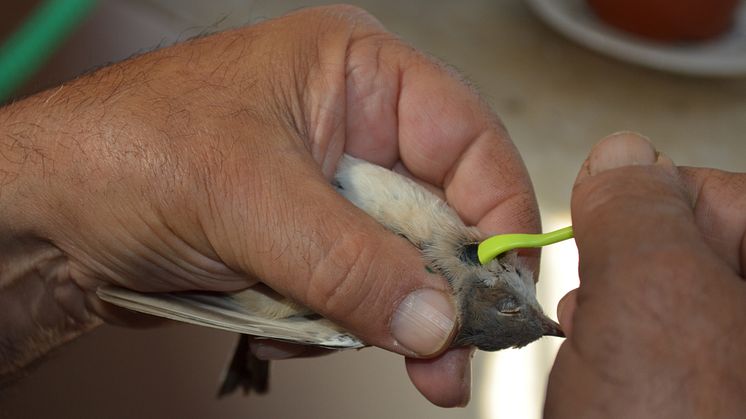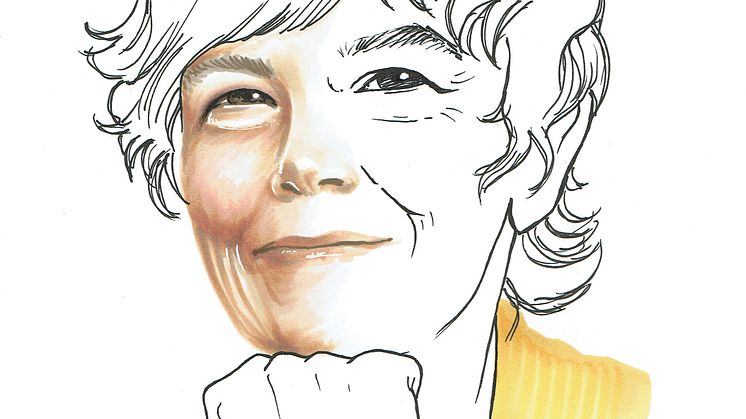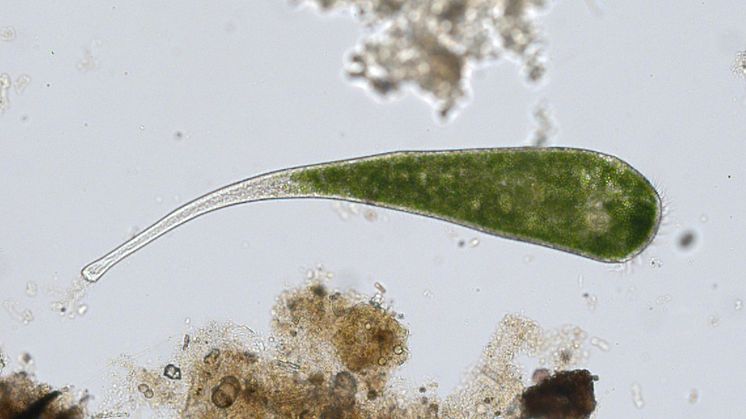Endocrine-disrupting pesticides impair frog reproduction
In a new study, researchers from Sweden and Britain have investigated how the endocrine-disrupting substance linuron affects reproduction in the West African clawed frog. The scientists found that linuron, which is used as a pesticicide, impaired the males’ fertility, and that tadpoles developed ovaries instead of testicles to a greater extent, which caused a female‐biased sex ratio.




